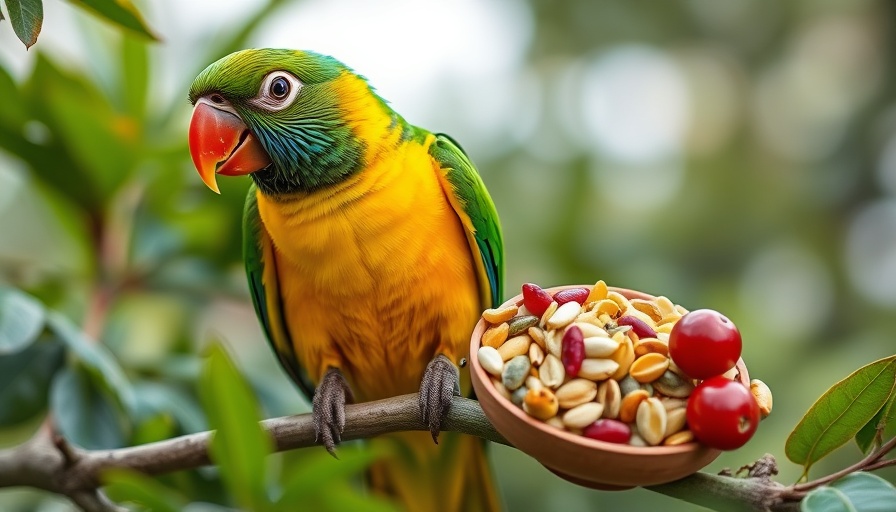
Understanding Avian Health: The Role of Nutrition
As an avian veterinarian with over 15 years of medical research experience, I understand the profound impact nutrition has on the health of birds. Proper dietary choices can lead to significant improvements in both short-term vitality and long-term health outcomes for our feathered friends. This is particularly crucial for pet birds, which often rely entirely on their human caregivers for nutritional sustenance.
The Importance of Species-Specific Diets
Each bird species has unique dietary requirements that must be addressed to ensure optimal health. For example, while seed-heavy diets may be appealing, they can lack essential vitamins and minerals. Conversely, fresh fruits and vegetables, along with high-quality pellets, provide a balanced alternative. A well-rounded diet helps to prevent metabolic disorders and contribute to a bird's overall wellness.
Preventing Common Avian Diseases Through Nutrition
Many diseases in birds, such as obesity or feather plucking, are linked to inadequate nutrition. By investing time in understanding and planning avian diets, pet owners can actively prevent these issues. Consultation with an avian veterinarian can aid caregivers in making informed dietary choices that align with their birds' health needs and lifestyles.
Concluding Thoughts: The Intersection of Nutrition and Avian Wellness
In conclusion, addressing avian nutrition is not merely a matter of variety or aesthetics; it is essential for overall health and wellbeing. By prioritizing dietary needs, pet owners can foster healthier lifestyles and contribute positively to their birds' longevity.
 Add Row
Add Row  Add
Add 




Write A Comment